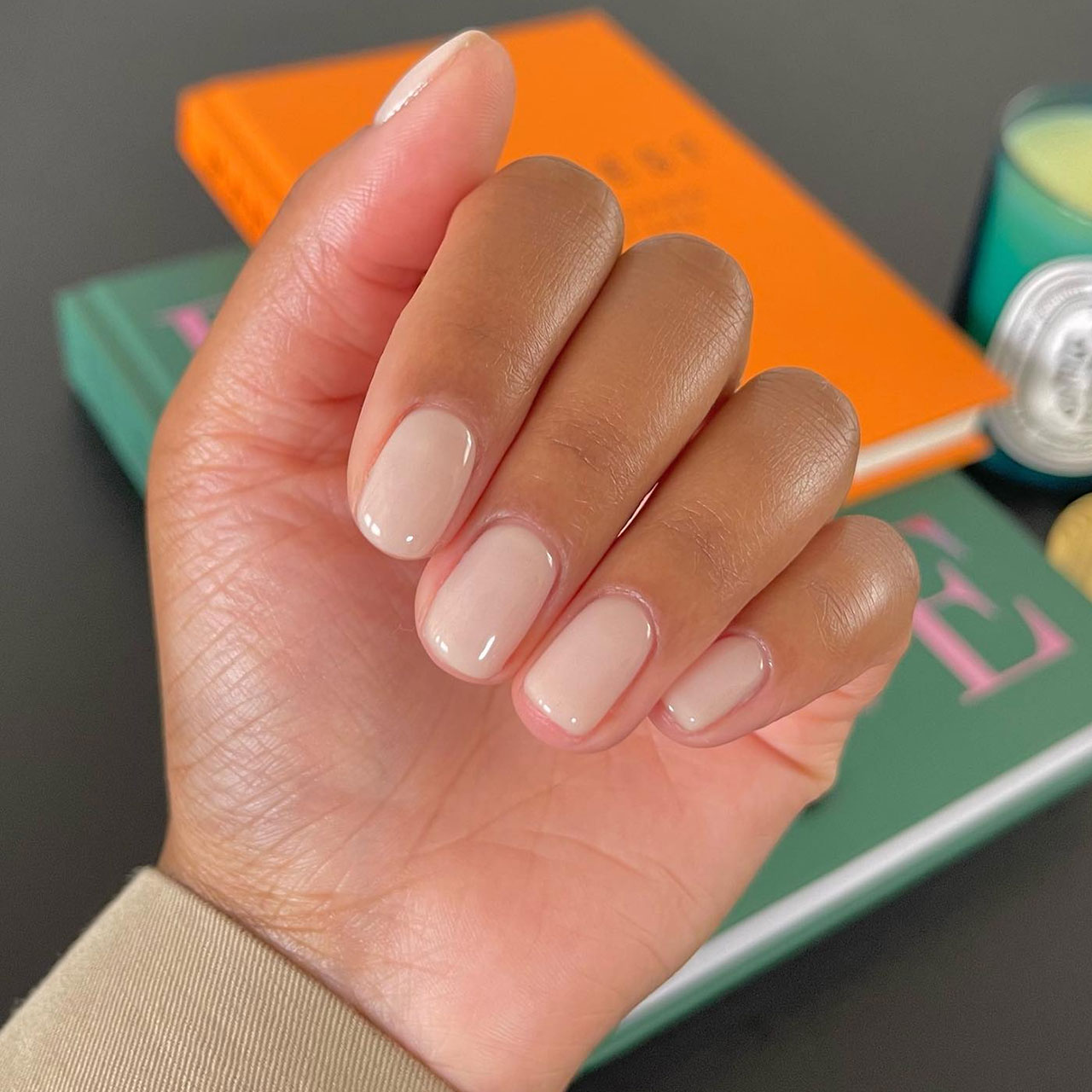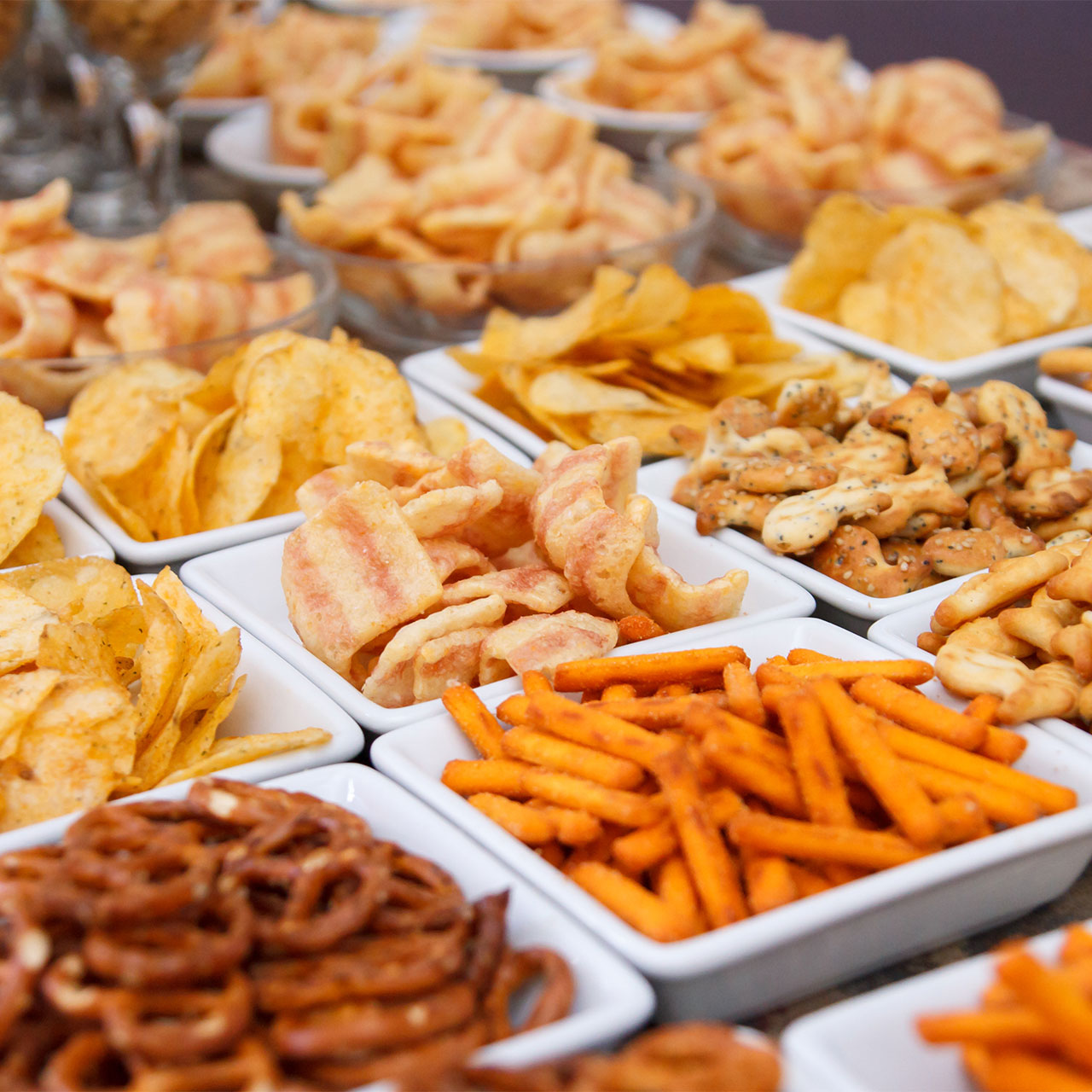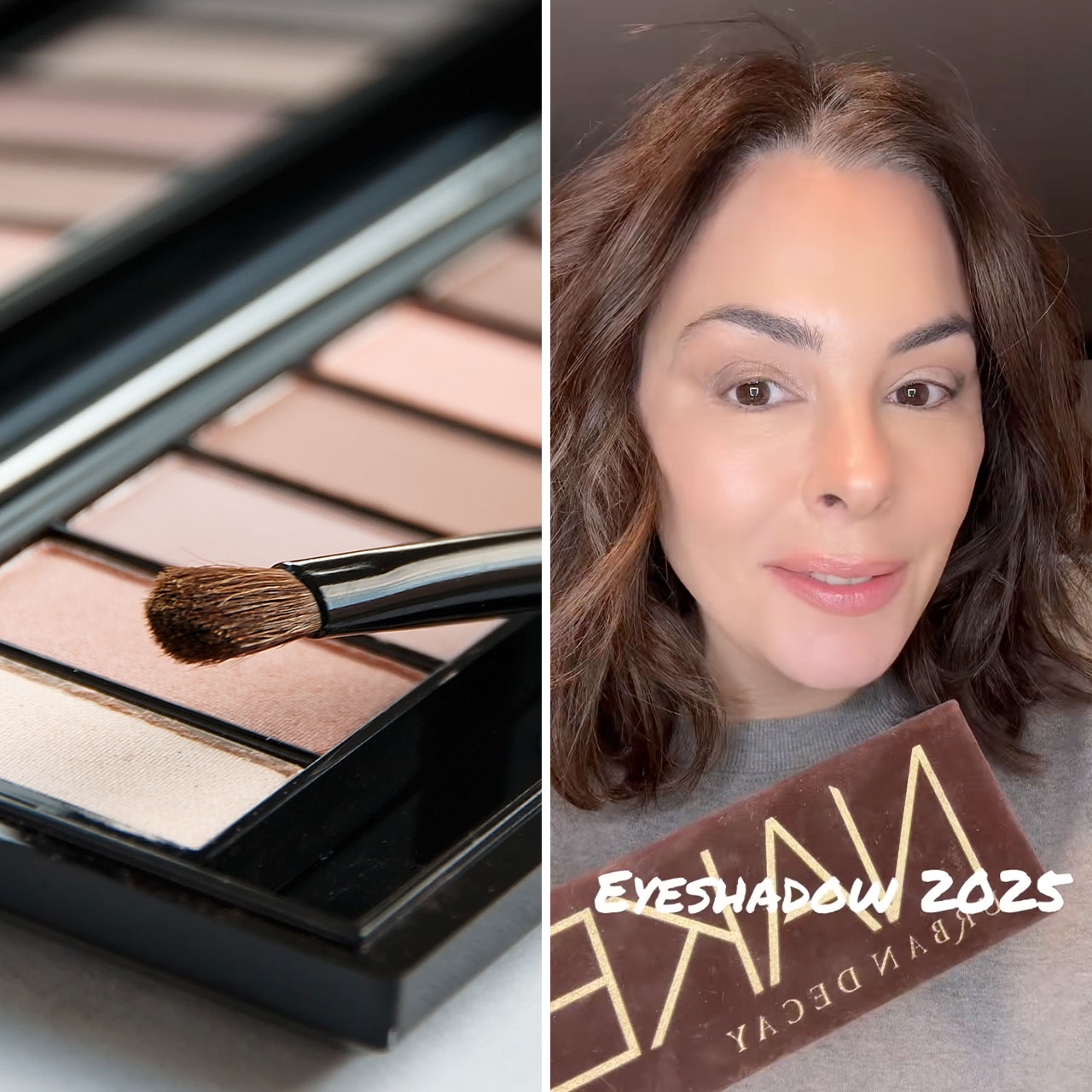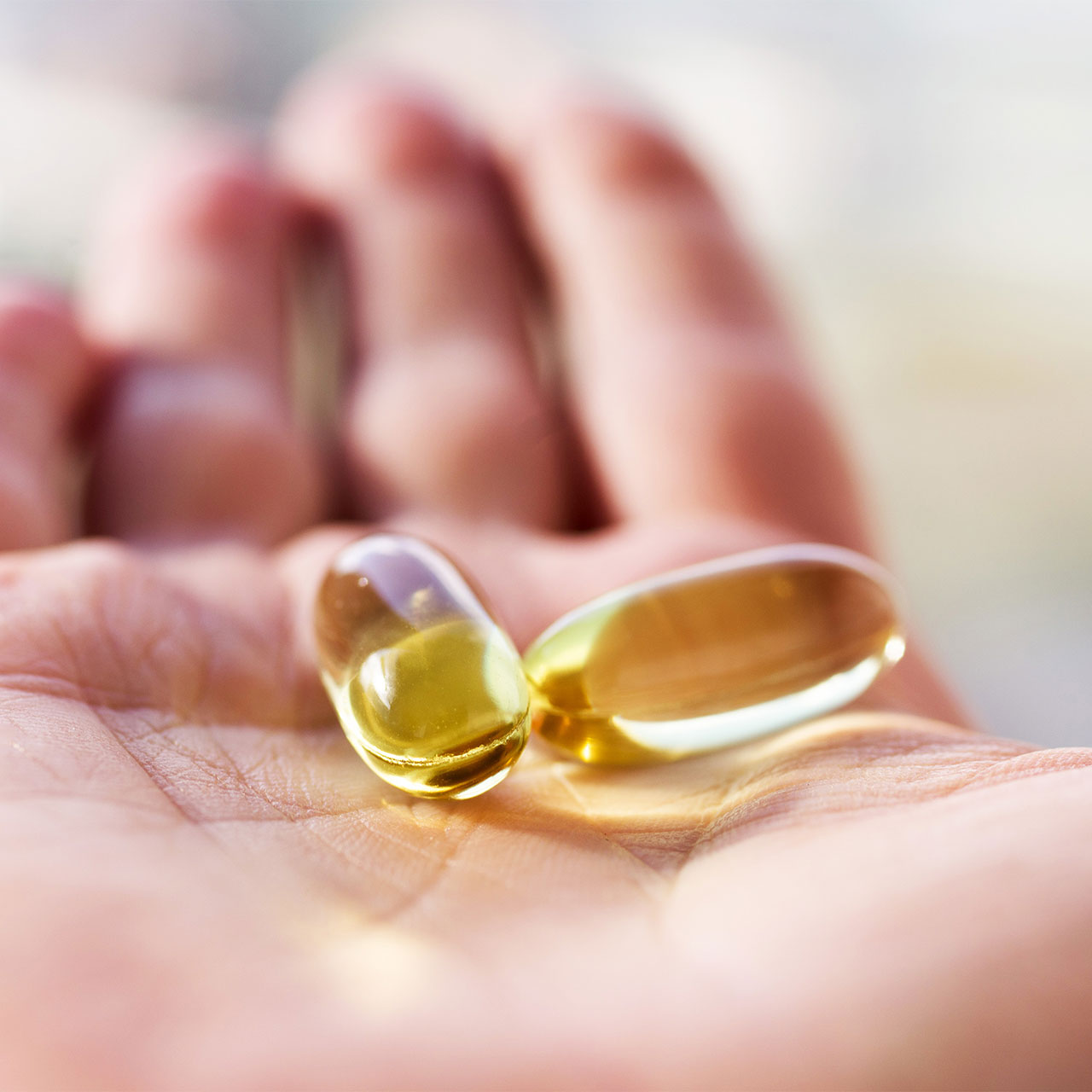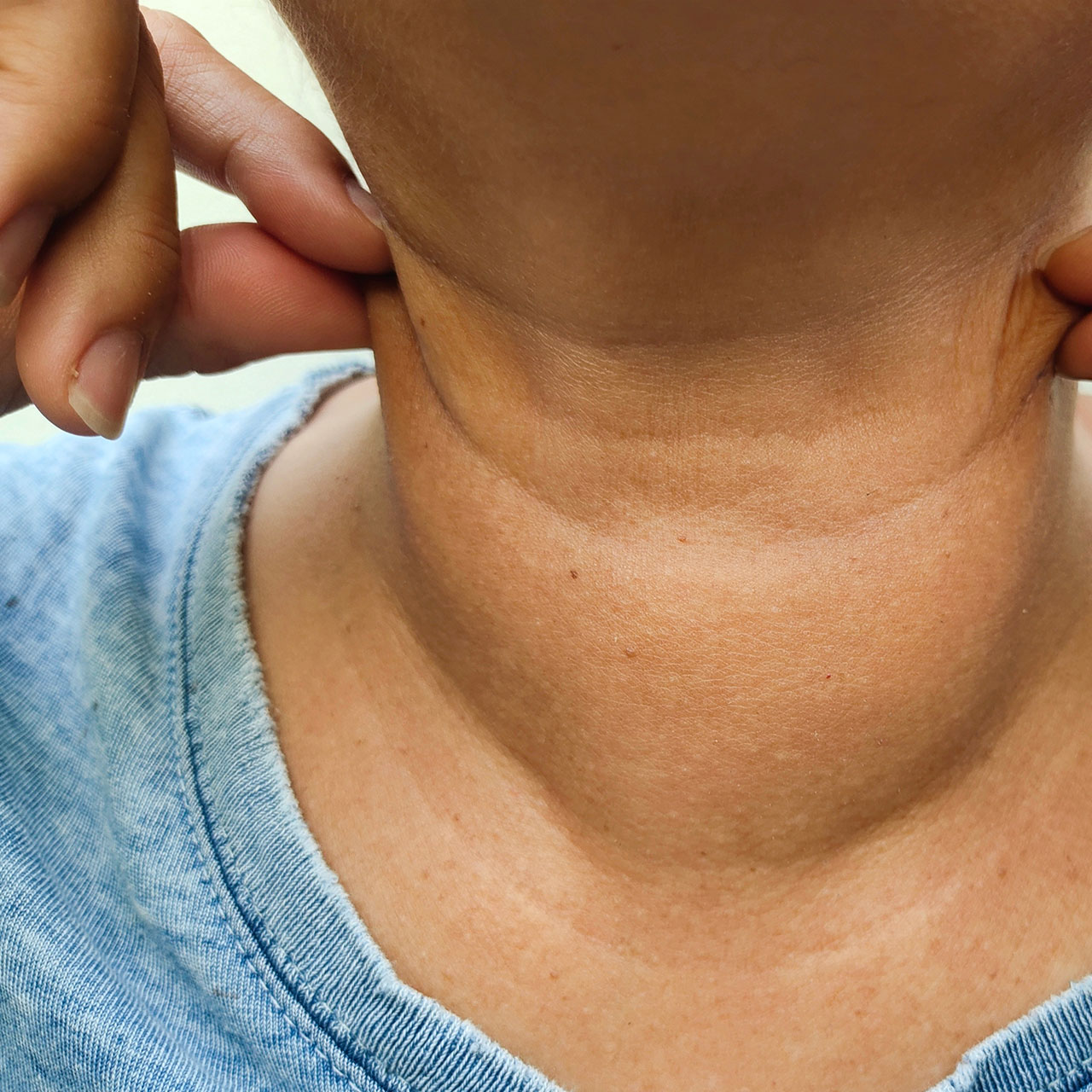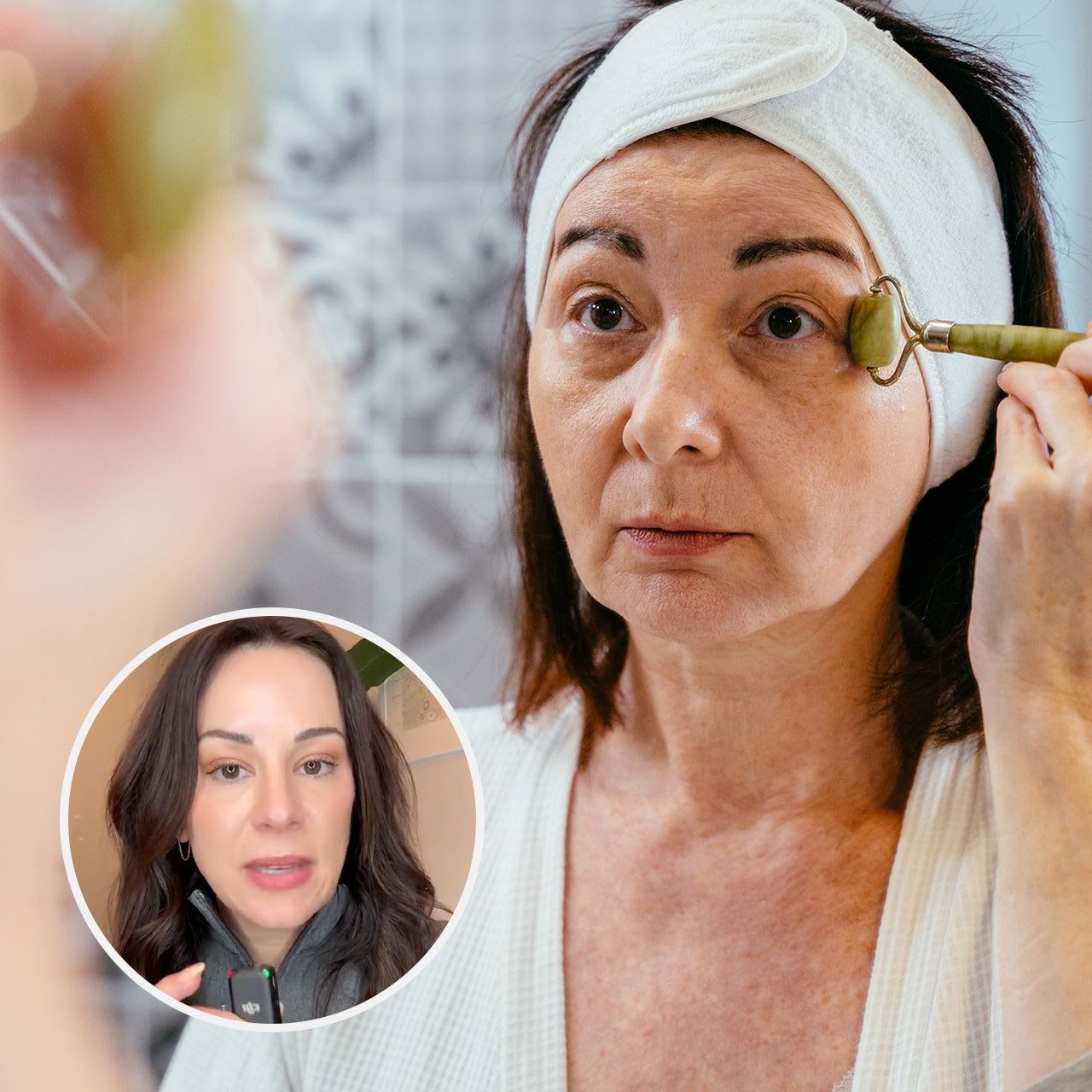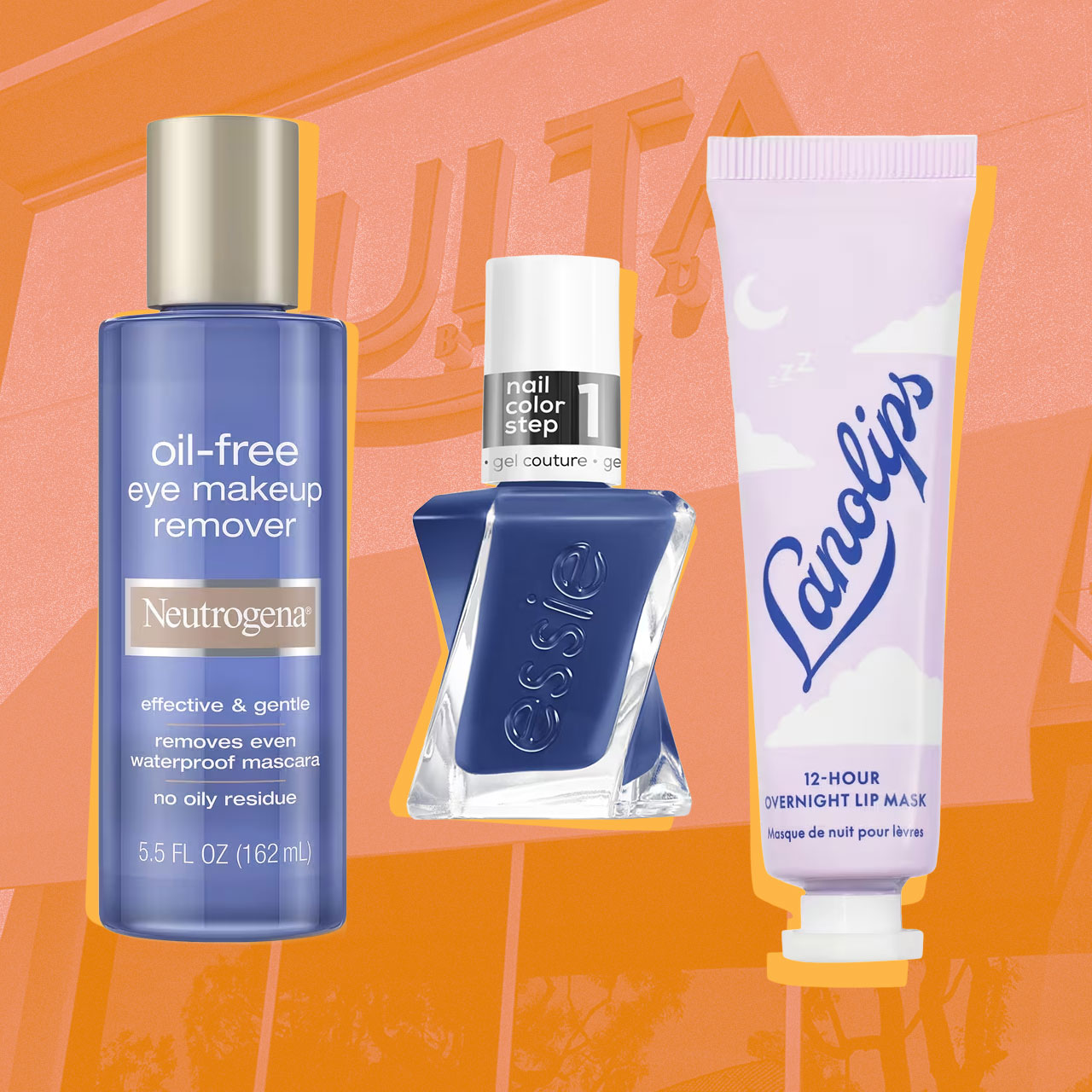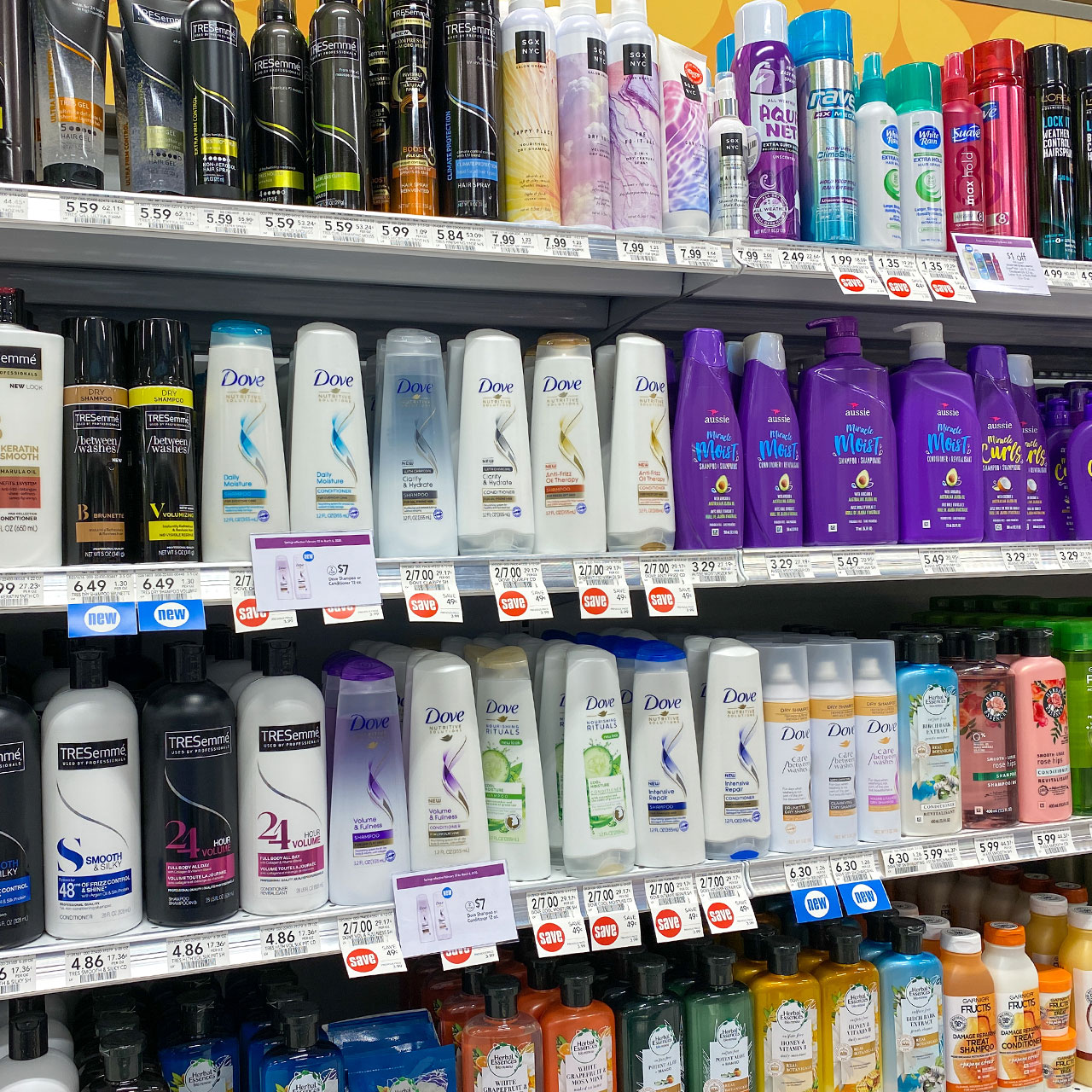In order to achieve a youthful, hydrated and healthy-looking skin as you age, paying attention to your diet is crucial. To support your skincare goals, experts have identified five commonly consumed processed foods that should be avoided. Consuming foods that are high in salt, sugar, and fat can have a negative impact on your skin, leading to a dull, premature aged, greasy, and tired-looking complexion. To learn more about healthier alternatives, we consulted with dermatologists, doctors and other skincare experts.
Read on for tips and insight from board-certified dermatologist Dr. Elaine F. Kung, MD, founder of Future Bright Dermatology, skincare expert Dr. Adrienne O’Connell, Medical Director and President of Laguna Beach Aesthetics, Dr. Simran Sethi, MD, founder of RenewMD and skin by Dr. Simran Sethi, Dr. Enrizza P. Factor, MD, dermatologist and writer at My Eczema Team, Dr. Nadir Qazi, DO, board-certified physician, cosmetic dermatology surgeon, and owner of Qazi Cosmetic Clinic and Robyn Newmark, skincare expert and founder and CEO of Newmark Beauty.

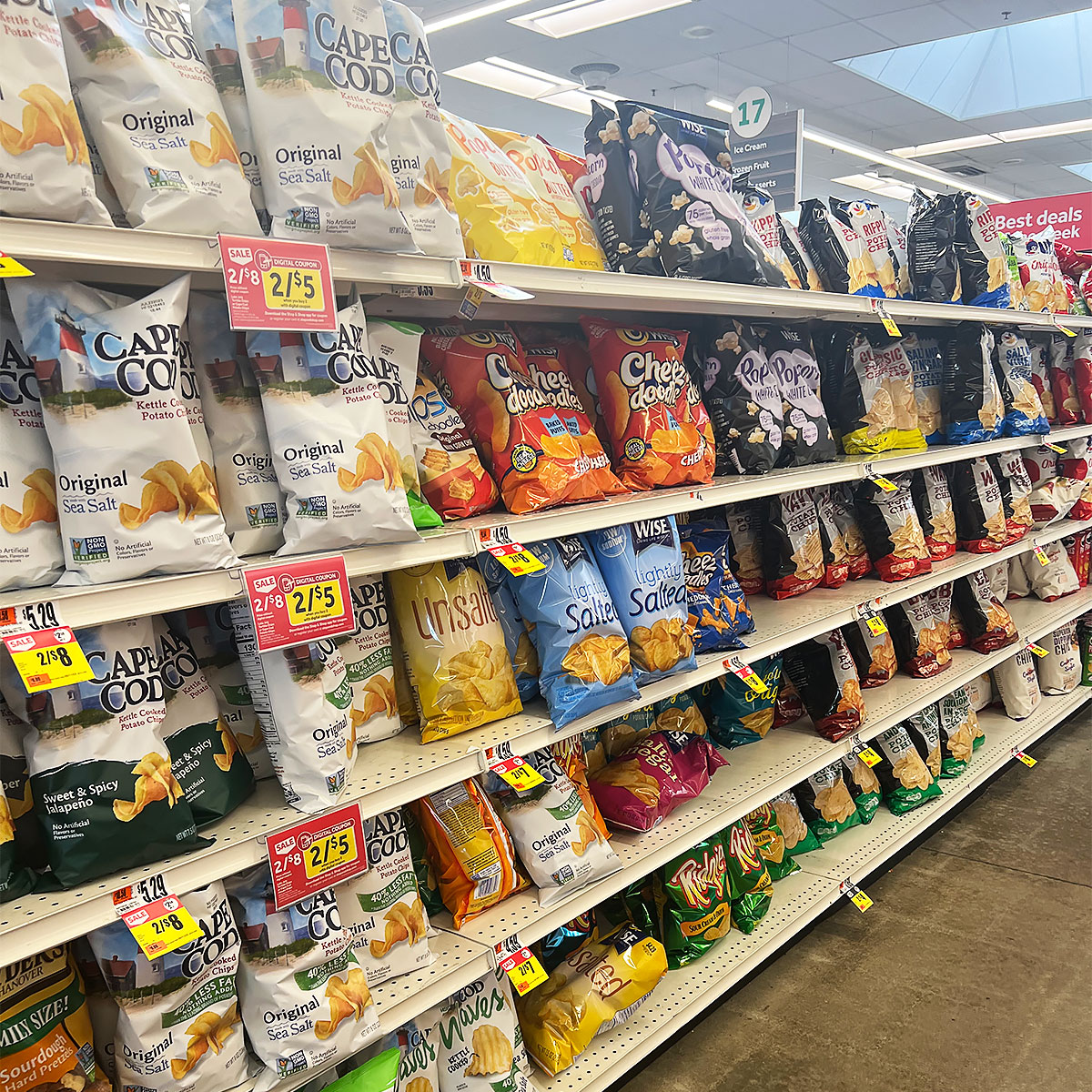
5 Processed Foods That Lead To Dull, Oily Complexions And Premature Aging
1. Salty Potato Chips
Hydrating and moisturizing your skin is needed for a healthy complexion, and to age gracefully. With extremely high salt levels, potato chips are not beneficial in aiding the hydration of the skin. Eating them every day or in excess can cause wrinkles, cracks, and peeling, she warns. "Due to osmotic pressure, salt draws water out of cells, including skin cells, leading to dry skin," Sethi explains.
"Potato chips are notoriously high in salt and also contain a sizable amount of sugar," she adds. When there is an excess of salt and glucose in the body, Sethi continues, it cross-links with collagen and elastin, "proteins that give our skin its firmness and elasticity." Elevated sugar and salt intake "hardens skin proteins, making your skin weaker, thinner and less hydrated," Sethi warns.
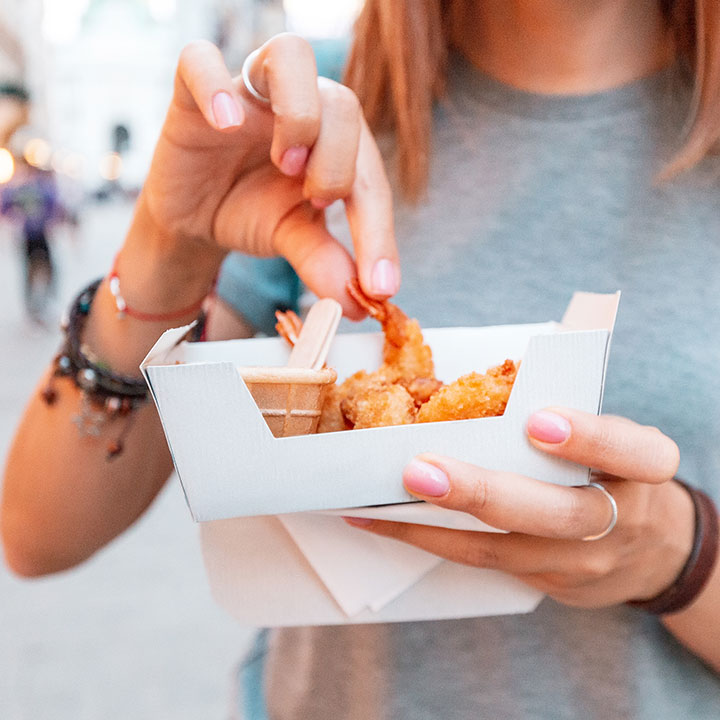
2 Fried Foods
Similarly, inflamed, red skin, puffiness in your complexion and premature wrinkles can also be formed due to eating fried foods often. "The damaged skin proteins result in increased and premature wrinkles, sagging and discoloration of the skin," she stresses. Factor agrees, and points out that "excess salt can be found in many popular potato chip and fried products."
Salt causes the body to "retain water and this leads to a swollen appearance," she concurs. Also, the cells "shrink and lead to dehydration," she continues. "A lack of water leaves the skin with wrinkles" and as a result, this accelerates aging. "Not only can greasy foods like potato chips cause wrinkles," Factor says, but they also "may be the culprit behind acne breakouts, too."
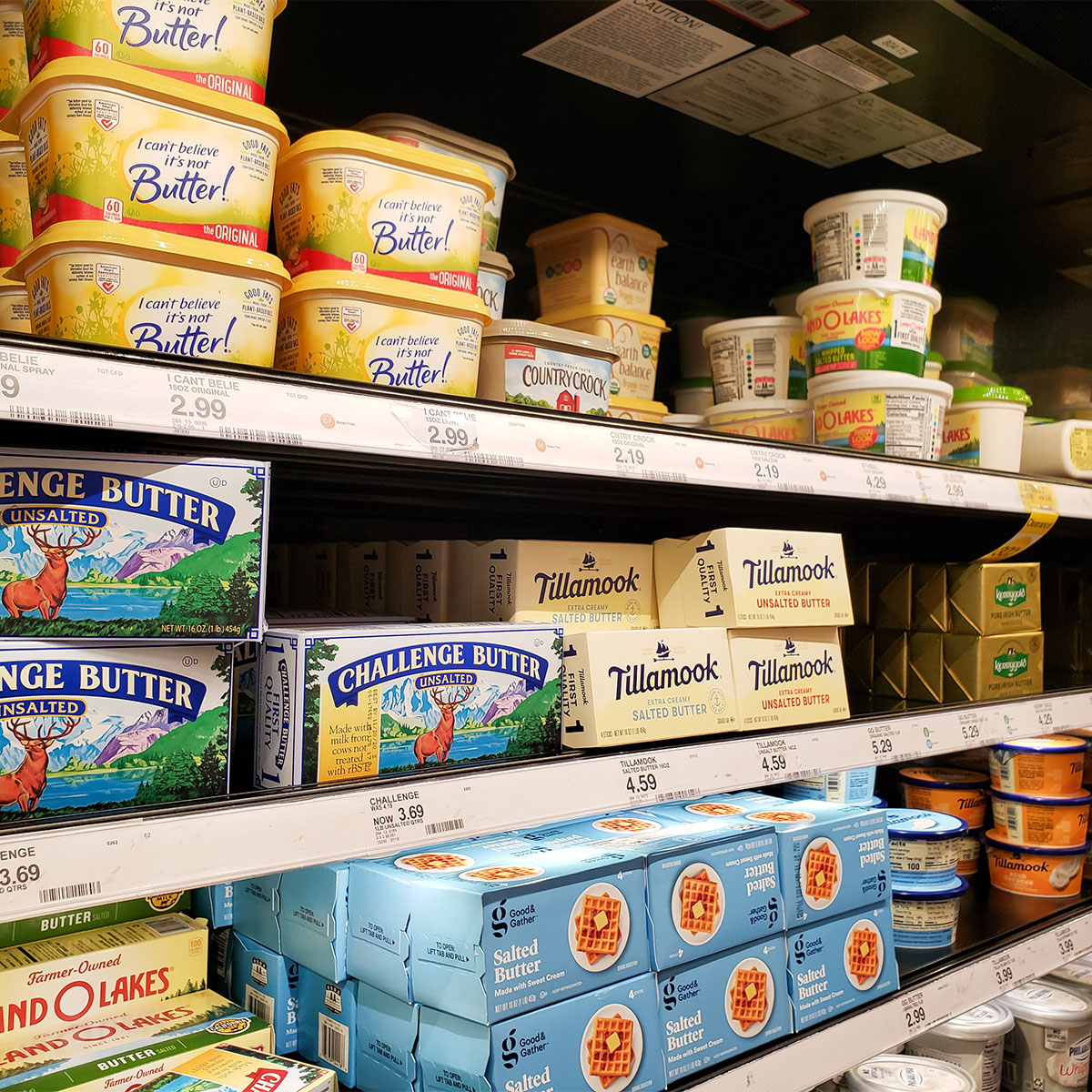
3. Full-Fat Butter & Margarine
While consuming enough vitamin D and calcium every day is essential for your overall health, O'Connell warns that excessive dairy can cause an even oilier and greasy-looking complexion. (And this does not mean hydrated skin, by the way, just more oil that can later clog pores and cause acne!) Newmark concurs, and says that "margarine is one food you should avoid if you want to prevent wrinkles and dry skin."
Margarine, she notes, is "frequently made with partially hydrogenated oils, one of the most prevalent trans fats." While trans fats "contribute to heart disease," she also warns that they may also accelerate the skin's aging process. "Trans-fatty acids make the skin more susceptible to ultraviolet radiation, which can cause damage to the elastin and collagen in the skin," she goes on. Additionally, she says that "margarine can cause chronic inflammation, speeding up the formation of wrinkles."
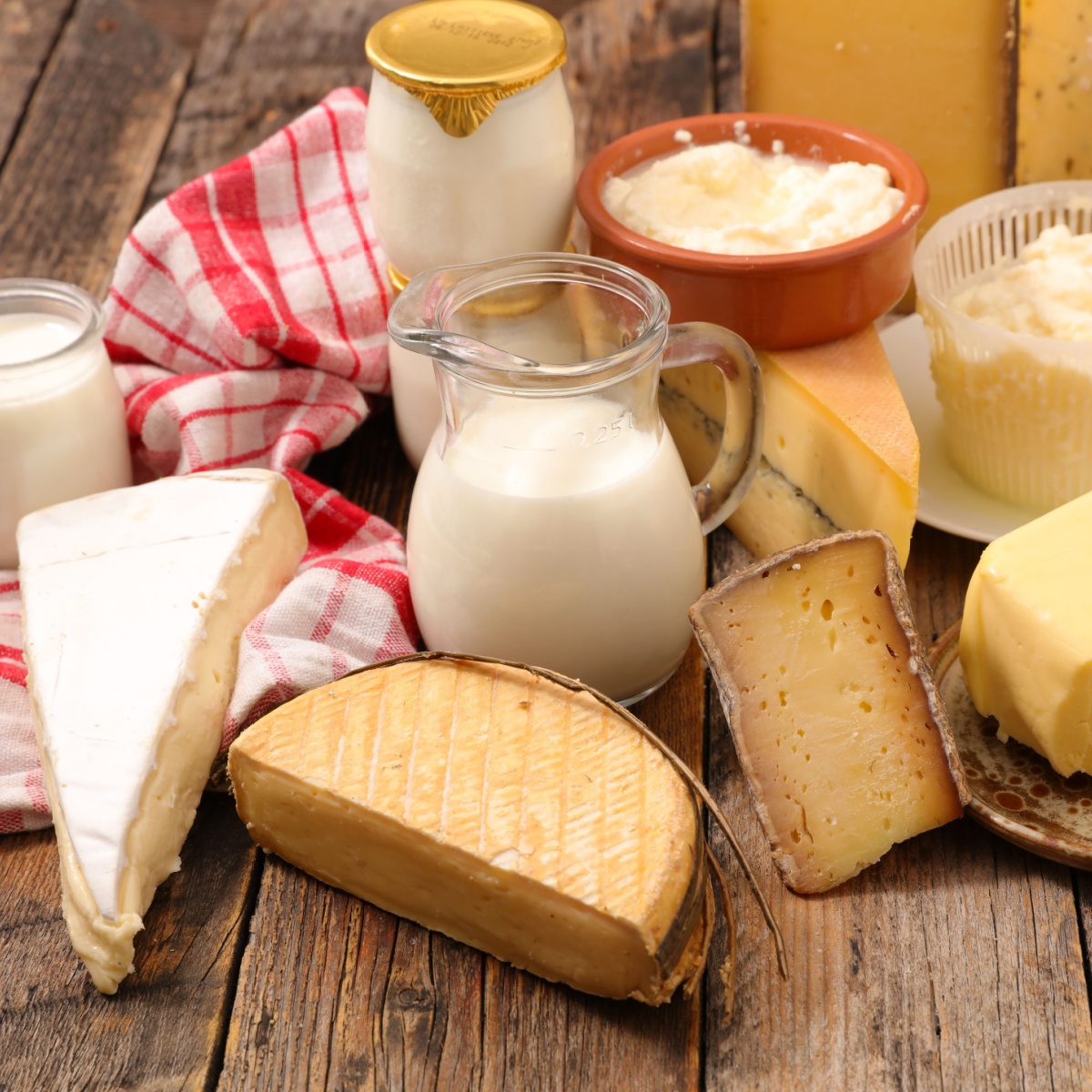
4. Sweet Cream & Dairy Products
Scientific research shows that foods "do in fact" affect our skin's oil production, Kung says. "Dairy, milk products and whey protein" in particular, she notes, "increase IGF-1, which will cause oilier skin."
Dairy products like sweet cream "contain high levels of hormones that stimulate sebaceous glands to produce more oil," she explains, which is "exactly what we’re trying to stop." Drinking heavily sweetened creams or eating butter or margarine every day should be avoided, Kung adds.
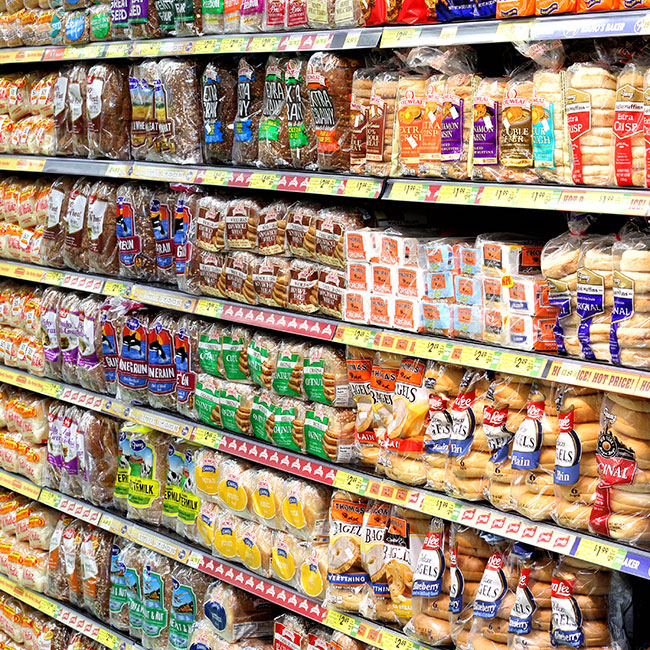
5. White Bread & Refined Carbs
Refined carbs can be found in many popular processed foods, so it's easy to obtain many of them in your diet without noticing. Eating this type of food, Qazi explains, can "stimulate sebum production." Sebum is the "oily, waxy substance your skin naturally produces to moisturize and protect your skin," he notes. Too much sebum can "cause the skin to look oily, make your pores look more prominent, and even trap dead skin inside your pores, leading to acne and blackheads," he adds.
Highly refined carbohydrates, like those found in pastries and white bread, are "too easy for our bodies to digest, creating a chain reaction like dominos," Qazi says. When refined carbs are digested, "they cause significant insulin spikes." He says that the spikes cause our bodies to release androgens and produce more oily skin.
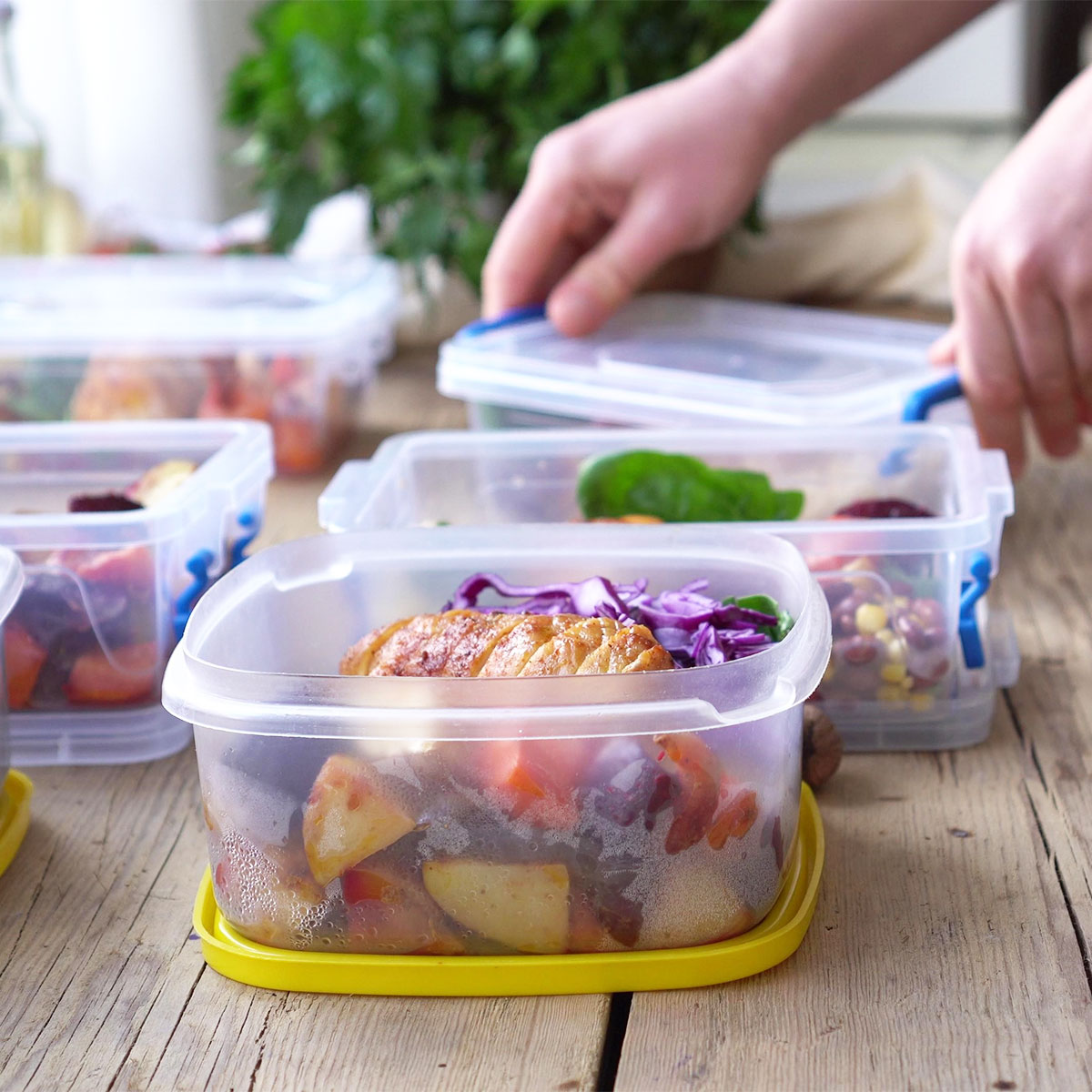
Healthier Foods To Prioritize For Hydrated, Supple Skin
While having potato chips, butter, margarine, white bread or other refined carbs once in a while is fine, Sethi and Factor note that eating them (or foods like them) every day or multiple times a week without drinking enough water can wreck havoc on your complexion. Instead of foods with salt, Sethi suggests trying to "season foods with lemon, black or red pepper and dried herbs."
Sethi adds that "over time, the body will stop craving higher levels of salt while remaining more hydrated." She also points out that "drinking at least 10 glasses of water (8 oz each) and of course, limiting consumption of such foods to once a week or less is the best way to achieve healthier looking skin."

To follow a healthy diet that will "optimize skin health," Factor says "you should consume foods rich in antioxidants and anti-inflammatory properties." The following foods all contribute to healthy, supple and hydrated skin, Factor says: "whole grains like wheat bread, brown rice, barley, millet, oatmeal and quinoa, beans." In addition, she lists: "legumes like black beans, navy beans, chickpeas, kidney beans, peas and lentils."
Factor concludes that vitamin C sources like "strawberries, red peppers, and grapefruit" are all no-fail snack choices if you want to prioritize your skin health, as well as leafy greens like "spinach and kale." These foods, she notes, are "rich in vitamin A, which is an antioxidant and nutrient that promotes healthy skin cell turnover." Good to know!




